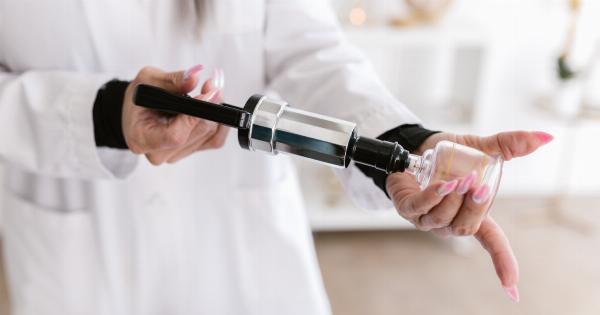In recent years, there has been a significant advancement in the field of orthopedics, particularly in the area of meniscus and cartilage transplantation.
Metropolitan General Hospital is at the forefront of these innovative procedures, providing patients with new hope for the restoration of damaged joint tissues.
The Significance of Meniscus and Cartilage
The meniscus and cartilage are crucial for the proper functioning of joints, such as the knee. The meniscus acts as a shock absorber, cushioning the impact between the bones and providing stability to the joint.
Meanwhile, cartilage covers the ends of bones, allowing for smooth and frictionless movement.
Unfortunately, injuries or wear and tear over time can lead to the deterioration of the meniscus and cartilage, resulting in pain, stiffness, and reduced mobility.
Traditional treatment options, such as pain management and physical therapy, may not be sufficient to alleviate symptoms or restore joint function.
The Evolution of Transplantation Techniques
In the past, meniscus and cartilage injuries often required invasive surgeries, such as total joint replacement.
While effective, these procedures came with drawbacks, such as long recovery periods and the potential for artificial components to wear out over time.
However, with advancements in medical technology and surgical techniques, less invasive alternatives have emerged.
Meniscus and cartilage transplantation offer patients the opportunity to restore their damaged joint tissues using biological materials, reducing the need for artificial replacements.
Meniscus Transplantation
Meniscus transplantation involves the replacement of a damaged or missing meniscus with a donor meniscus.
This procedure is particularly beneficial for those who have undergone a partial or complete meniscectomy, where a portion or the entire meniscus has been removed.
The donor meniscus is obtained from a tissue bank, carefully matched to the patient’s size and shape. The surgical procedure involves removing the damaged tissue and suturing the donor meniscus into place.
Over time, the new meniscus integrates with the surrounding tissues and provides improved stability and shock absorption.
Cartilage Transplantation
Cartilage transplantation, also known as autologous chondrocyte implantation (ACI), involves the transplantation of healthy cartilage cells into the damaged area.
This procedure is ideally suited for patients with focal cartilage defects or early-stage osteoarthritis.
In ACI, a small sample of healthy cartilage cells is taken from a non-weight-bearing area of the patient’s joint. These cells are then sent to a laboratory where they are cultured and multiplied.
Once an adequate number of cells have been generated, they are implanted into the damaged area and covered with a periosteal patch.
Over time, the transplanted cartilage cells mature and fill the defect, providing pain relief and improving joint function. This innovative technique has shown promising results, particularly in younger patients with isolated cartilage defects.
Metropolitan General Hospital: Setting the Standard
Metropolitan General Hospital is renowned for its expertise in meniscus and cartilage transplantation.
With a team of highly skilled orthopedic surgeons and state-of-the-art facilities, the hospital offers cutting-edge procedures that provide lasting relief and improved quality of life for patients.
The hospital’s commitment to innovation is evident in its collaborations with leading research institutions and advancements in surgical techniques.
Patients at Metropolitan General can expect personalized care and access to the latest treatment options available.
The Benefits of Innovative Transplantation
Innovative meniscus and cartilage transplantation techniques offer numerous advantages over traditional treatment options:.
- Preservation of natural joint structures: By replacing damaged tissues with biological materials, transplantation techniques aim to preserve the natural anatomy of the joint.
- Improved joint function: The restoration of meniscus and cartilage can significantly improve joint function, allowing patients to return to their regular activities and sports.
- Pain relief: Meniscus and cartilage injuries often cause pain and discomfort. Transplantation techniques aim to alleviate these symptoms and improve overall quality of life.
- Long-term durability: While the longevity of transplantation procedures may vary for each individual, they have shown promising results in terms of long-term durability.
- Minimally invasive: Compared to total joint replacement surgeries, meniscus and cartilage transplantation procedures are less invasive and generally lead to shorter recovery periods.
Conclusion
Innovative meniscus and cartilage transplantation techniques offer hope to individuals suffering from joint injuries, providing an alternative to traditional treatment options.
Metropolitan General Hospital, with its expertise and commitment to advanced orthopedics, is leading the way in these groundbreaking procedures. By preserving natural joint structures and improving joint function, patients can experience long-lasting pain relief and restored mobility.




























